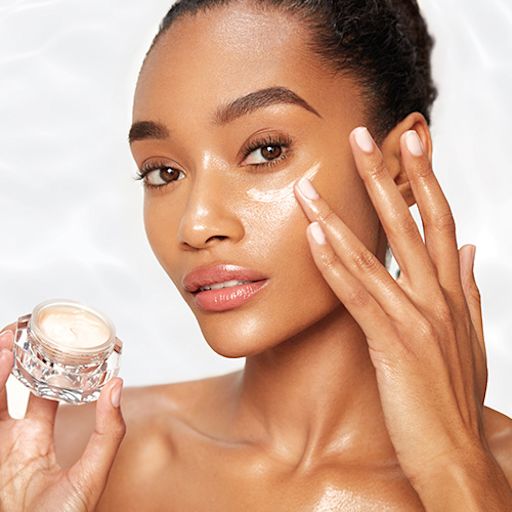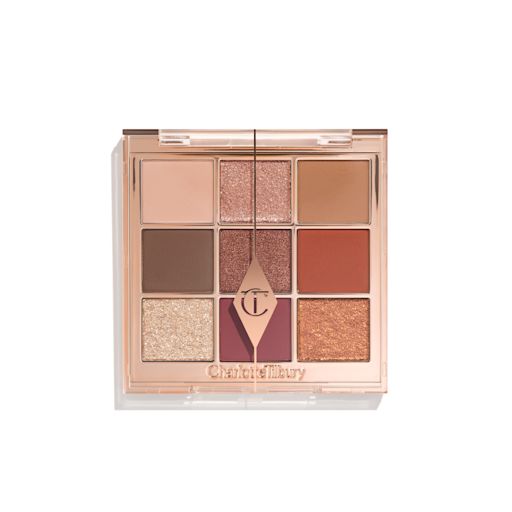Tips for Joining the Valentine's Revolution
Embarking on a self-love journey
Loving and valuing yourself often leads to increased confidence. This means you feel better about yourself and can handle life's ups and downs with more strength. Self-love is an ongoing journey of personal growth, learning, and embracing who we are. Research shows that by practicing self-love consistently, we cultivate higher life satisfaction and experience greater happiness. It's a reminder that this journey never truly ends; it's about continuous self-discovery and confidence building. Embracing self-love doesn't just benefit our well-being; it also contributes to leading a satisfying and harmonious life.
Practice self-compassion
Starting to practice self-compassion is an excellent way to begin nurturing self-love. Studies have found that self-compassion reduces stress, anxiety, and depression. To get really good at loving and being kind to yourself, you have to make a conscious effort and practice it regularly, just like learning any other skills. Listen to your inner voice and analyse the language you use when speaking to yourself. Are you treating yourself kindly? Do you forgive your mistakes? Do you give yourself compliments when you see yourself in the mirror or when you achieve a new milestone? These small steps help you understand your relationship with yourself better. Each morning, while getting ready, try saying something nice about yourself in front of the mirror. Find five things you like about yourself or feel proud of. It's an excellent way to practice being kinder to yourself and to boost your self-confidence. When negative thoughts return, ask yourself, "Would I speak to my best friend this way?" Just as others deserve your kindness and compassion, so do you.
Put yourself and your wellbeing first
Setting boundaries is another powerful expression of self-love. It involves recognising your own needs, limitations and priorities and then communicating them clearly to others. By doing so, you protect your mental and emotional well-being, ensuring that you have the space and energy for self-care and personal growth. Start by taking small, gradual steps. Be clear about what you want and practice expressing it. If setting boundaries makes you anxious, you can write down what you want to say or practice saying it in front of a mirror to get more comfortable with it. Ultimately, establishing boundaries is an act of self-compassion that can promote greater balance and fulfilment in your life.
























































































































































